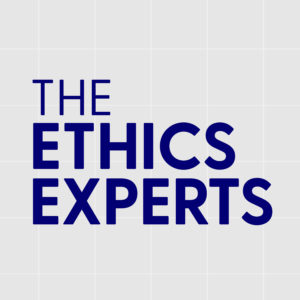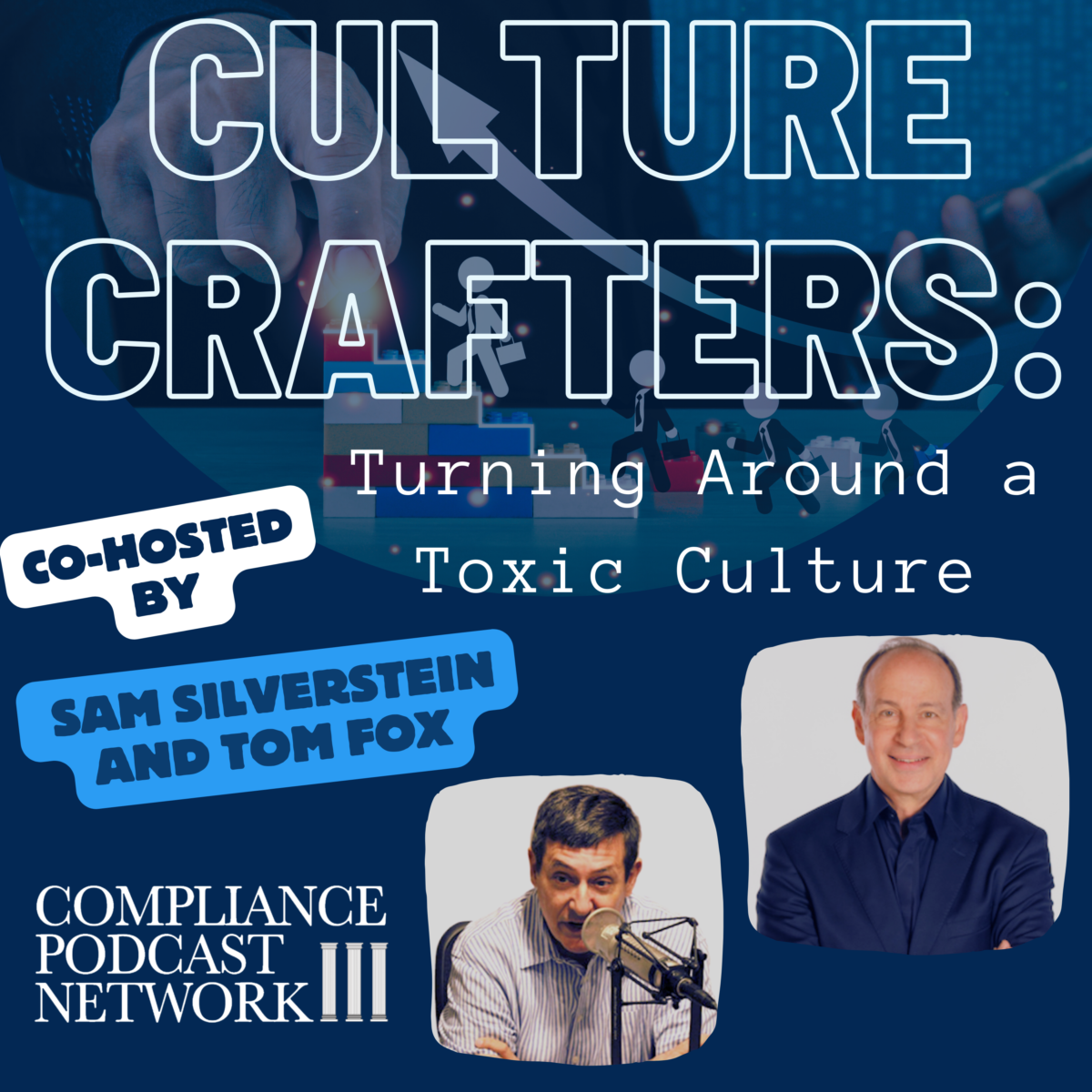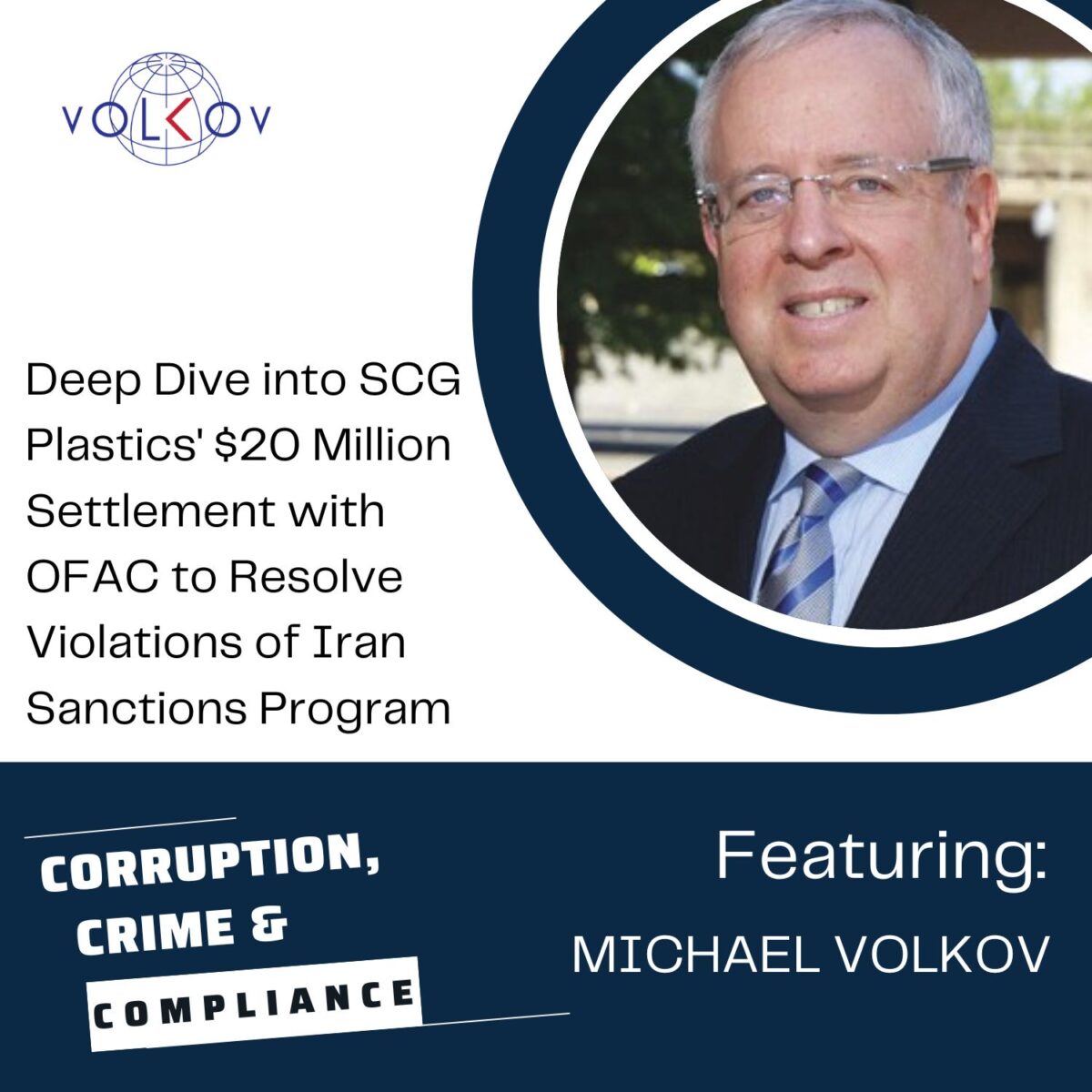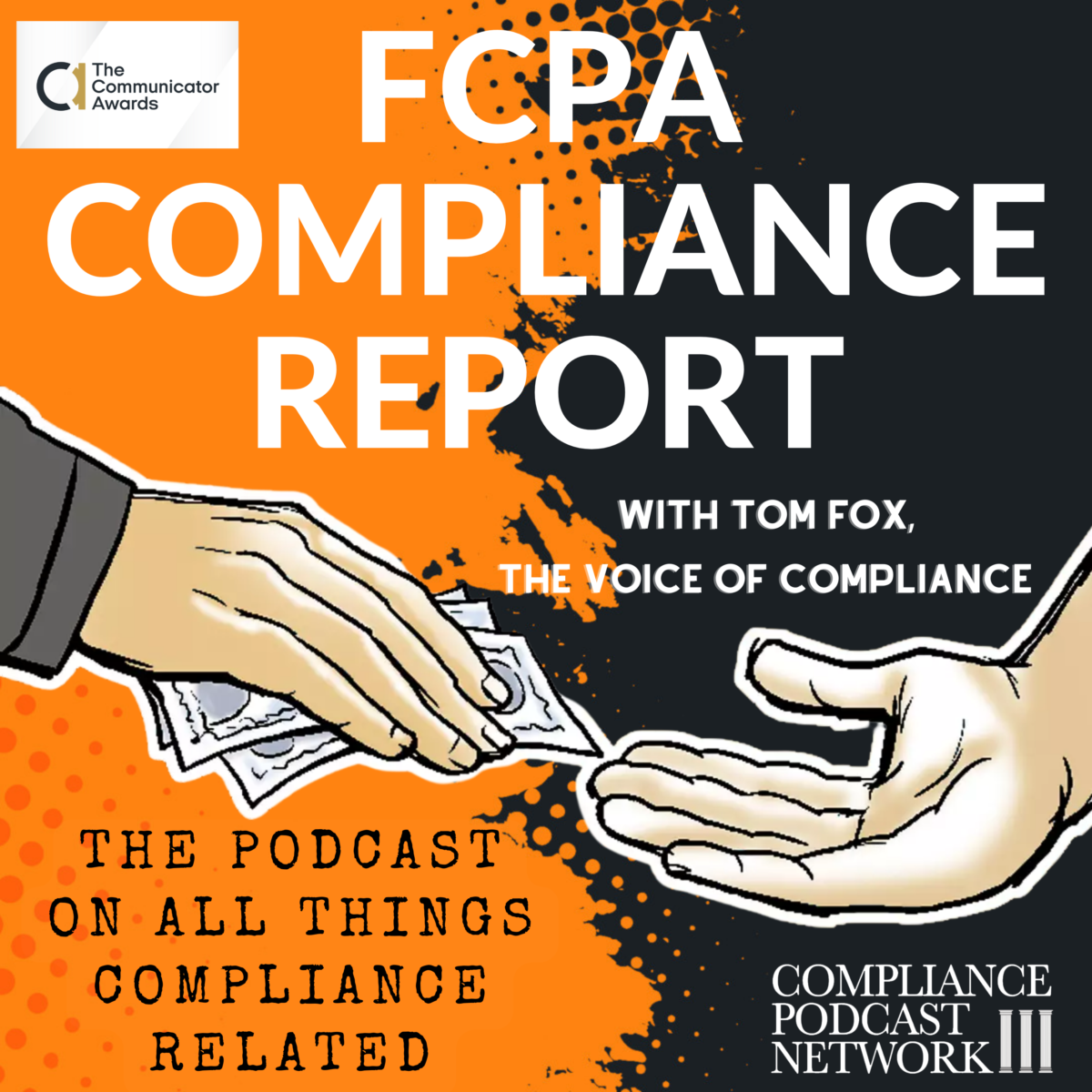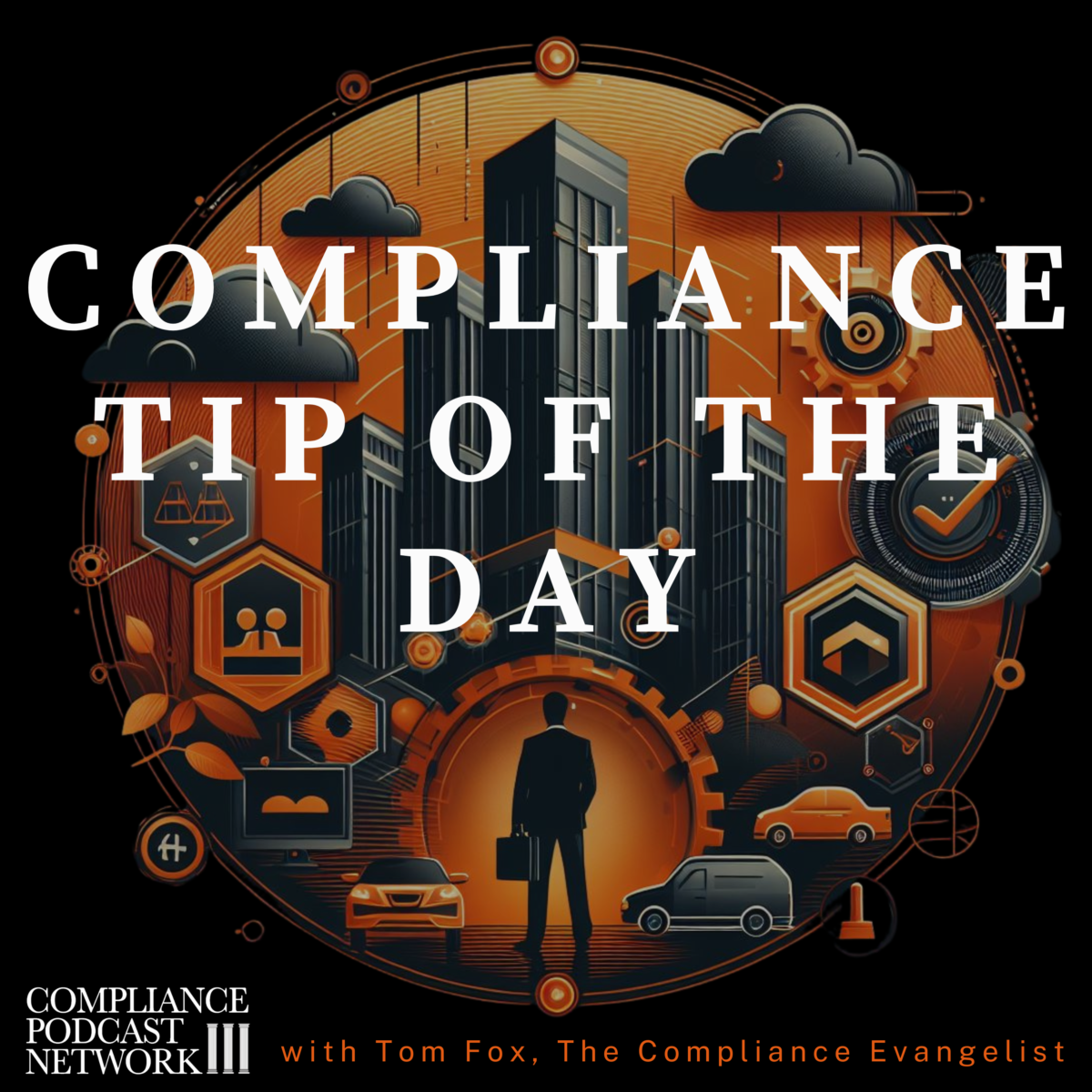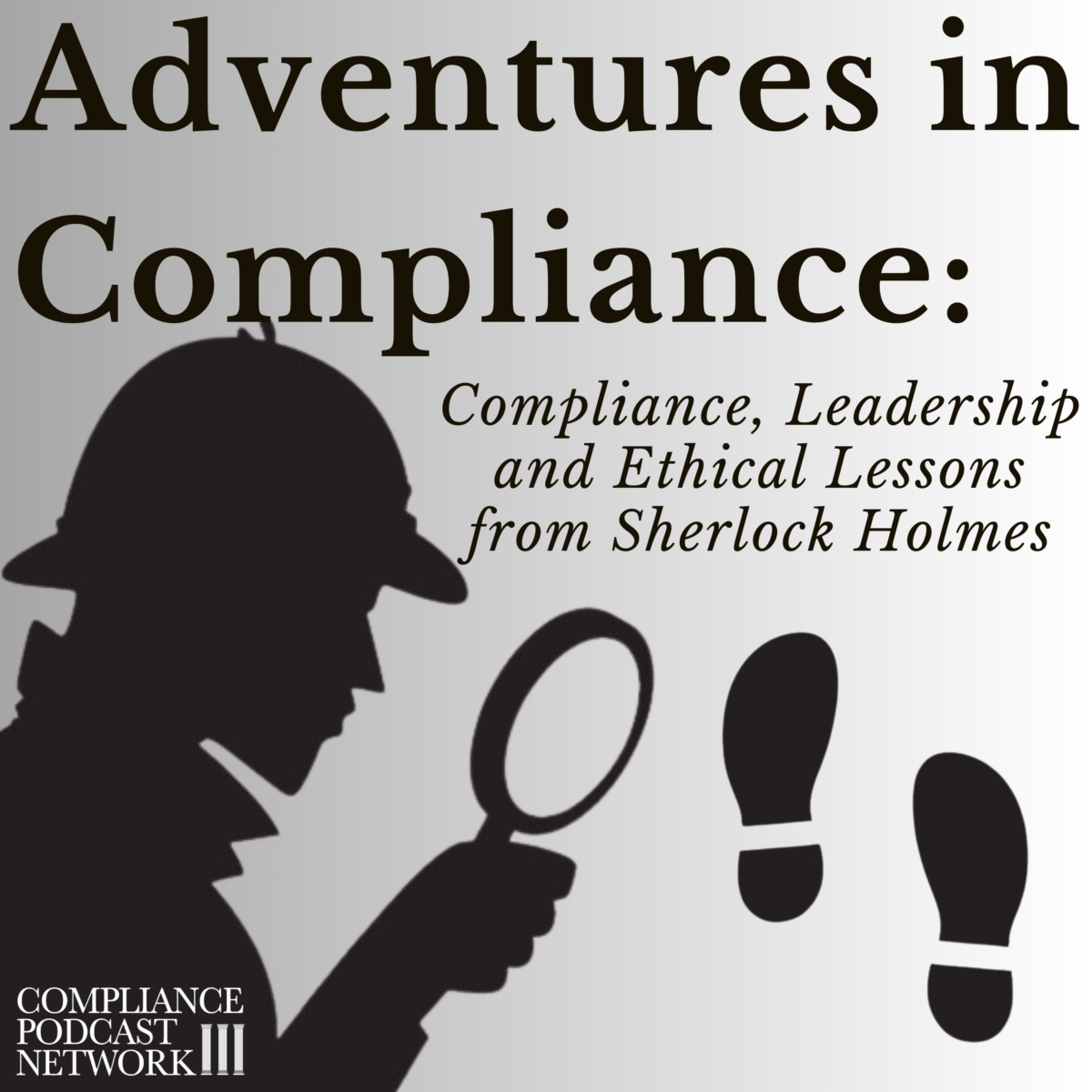Boeing is not the first company to find itself amid a massive scandal. You can think of Siemens’ bribery and corruption scandal, the VW emissions-testing scandal, the Wells Fargo fraudulent accounts scandal, or any other myriad of corporate scandals where culture failed and created a toxic culture. The question for any organization in such a situation is how to transform its culture. Currently running on the Culture Crafters podcast on the Compliance Podcast Network is a 5–part of podcast series with myself and Sam Silverstein, the most trusted voice in America on accountability.
Over this companion, 5-part blog post series, we look at how a company in the depths of such a toxic culture can begin to make a culture comeback by planning and taking concrete steps to turn around and rebuild its culture. In this concluding Part 5, we explore the dynamism of culture, assessing culture through The Culture Audit™ (the sponsor of this blog post series), putting together a plan to remediate your culture and implementing that plan, and conclude with why ongoing monitoring and continuous improvement are so critical for a true culture transformation. In Part 1, we consider the steps that led Boeing to the current state of its corporate culture.
Boeing’s cultural miasma led to the 737 MAX crisis, which has tarnished the company’s reputation and raised doubts about its future in the commercial airline industry. Yet the company’s slide into cultural toxicity began long before the 737 MAX disasters. From these pre-pandemic disasters, the company now finds itself in one of the worst places in recent memory for a company’s reputation.
The slide began with the merger with McDonnell Douglas back in 1996. This led to a shift in leadership, which transformed the company’s culture by prioritizing stock performance over quality. This emphasizes the importance of cultural due diligence in mergers and acquisitions, with the need to evaluate existing cultures, plan post-merger integration, and uphold a robust culture within the acquiring firm. The significance of workplace culture was highlighted as a pivotal factor influencing stakeholders, from employees to customers, impacting talent retention, productivity, and overall profitability.
The culture that permeates an organization’s operations plays a pivotal role in determining its outcomes. A toxic culture characterized by shortsightedness, a profit-over-quality mentality, and a lack of ethical standards can have catastrophic consequences for the organization as a whole. Such cultures often prioritize immediate gains at the expense of long-term sustainability, leading to compromised quality, ethical dilemmas, and damaged stakeholder relationships.
The merger with McDonnell Douglas in 1997 marked a turning point for Boeing. A shift towards a culture focused on stock performance and short-term gains took precedence over a culture of engineering excellence. This shift strayed from Boeing’s legacy of quality and engineering excellence, resulting in significant setbacks like the 737 MAX crisis. The Boeing situation underscores the importance of upholding a culture that values integrity, quality, and long-term success to avoid such catastrophic outcomes.
Mergers and acquisitions are complex processes that extend beyond financial considerations to encompass cultural integration. The compatibility of organizational cultures is a critical factor that can significantly impact the success or failure of such strategic decisions. To mitigate risks and facilitate a smooth transition, assessing cultural alignment, creating a clear roadmap for integration, and ensuring a strong, cohesive culture in the new entity are essential steps that leaders must prioritize during mergers and acquisitions.
In the context of mergers and acquisitions, culture synergy is critical, and indeed, the Boeing-McDonnell Douglas merger is a cautionary tale. The takeover of Boeing by McDonnell Douglas’s leadership brought about a cultural shift that veered away from Boeing’s core values, leading to subsequent challenges. Organizations embarking on such endeavors must pay close attention to cultural compatibility and actively work towards fostering a unified culture built on shared values and objectives. All of this underscores the critical role of culture in shaping the success of strategic business decisions like mergers and acquisitions.
The bottom line is that the best cultures are always the ones where senior leadership at the top always asks, how can we improve this culture?” This emphasizes the need for organizations to continually prioritize ongoing efforts to enhance their workplace culture. Action follows belief. This underscores the notion that an organization’s outcomes are rooted in its beliefs and values. Companies like Boeing can drive positive actions and results by fostering a culture that prioritizes quality and safety.
When you create a fantastic workplace culture, it goes home with your people. It impacts their spouses. It affects other businesses in the community. This serves as a poignant reminder of the far-reaching influence of workplace culture on individuals and broader societal interactions.
With this unique narrative, Boeing demonstrates the profound impact of leadership on culture and the overall organizational environment. Yet this sets the stage for exploring strategies to transform toxic cultures into thriving, ethical ones for CEOs and organizational leaders seeking actionable insights. I hope you will join us for the rest of the blog posts this week, in which we show how a company can transform its culture.
